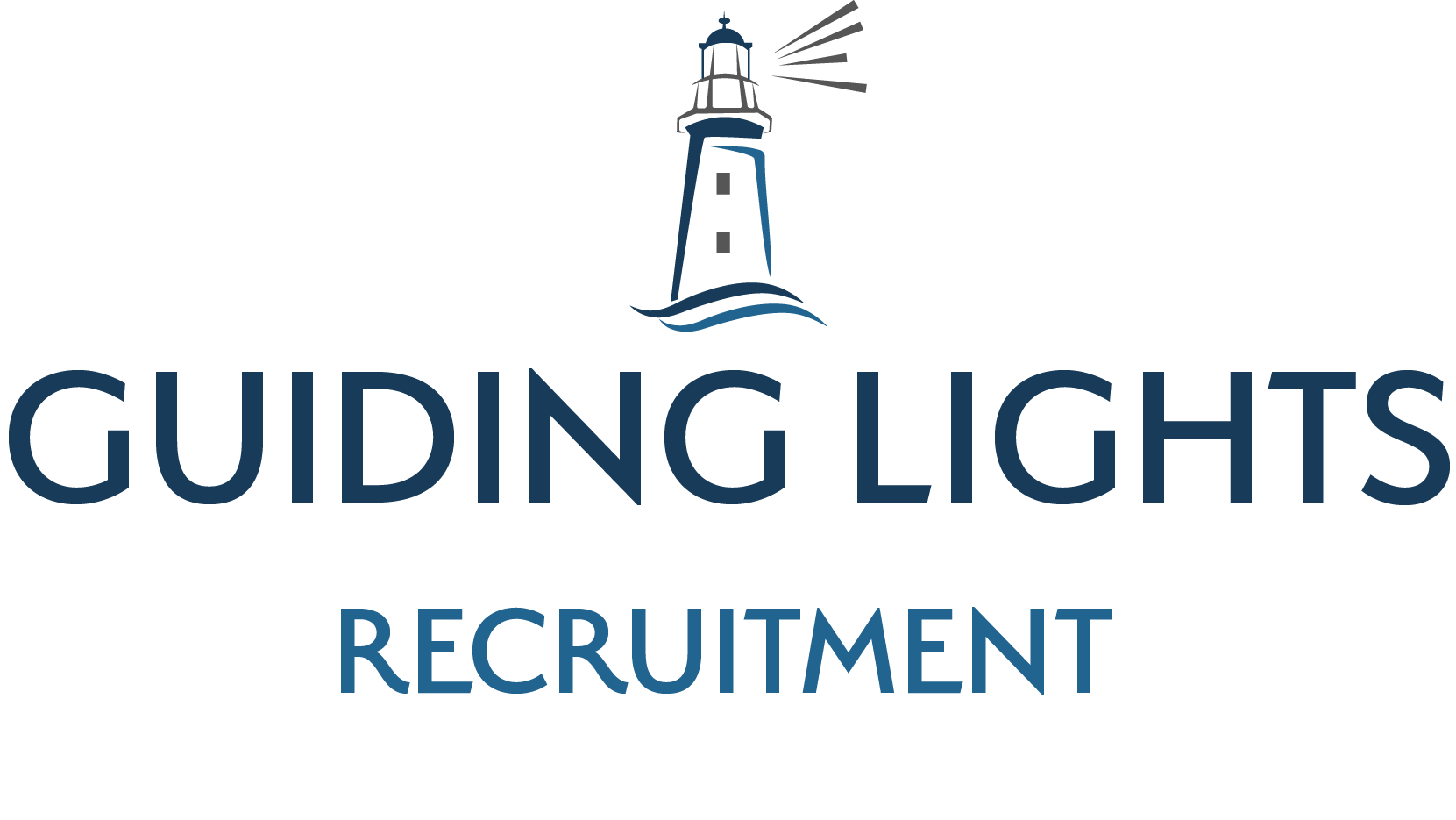How to produce an attractive CV
Making sure your CV is written for the role you are applying for is an absolute requirement when applying for jobs, but there are several steps you can take when writing your CV to make sure it always looks good and attractive to the employer.
How to structure a CV
Not structuring your CV is one of the most common problems faced by candidates, Please see below a simple layout for you to follow.
CVs should be tailored to each role you apply for. However you can save time by creating a generic CV to be adapted for each job application you make.
Contact information
Use your personal mobile telephone number and email address. Avoid using your work email and mobile phone number. Always respond to any invitation to an interview in a timely fashion.
Personal Profile
Ensure the first paragraph at the top of your CV is a summary of your experience and expertise, including applicable experience in relation to the job being advertised.
Skills and Qualities
Include a skills summary to catch the employer's attention by making it clear what you can offer. Include bullet points of the skills and key qualities/strengths that you have which are relevant to the role, including software programmes that you are familiar with.
Work Experience
Write about your work history and relevant experience to the role you are applying for. Highlight your successful projects and evidence your skills and experience.
· Work backwards from your most recent job and do not leave any gaps in employment dates (e.g. if you went off travelling, please highlight this)
· If you are a recent graduate without much work experience, highlight the relevant skills that you gained in your course and voluntary work placements
· List your higher education qualifications by university, course name and grade 2:1, 2:2, First etc.
· List any training courses completed and professional certificates and diplomas awarded
· Include membership of chartered institutes or relevant professional bodies.







